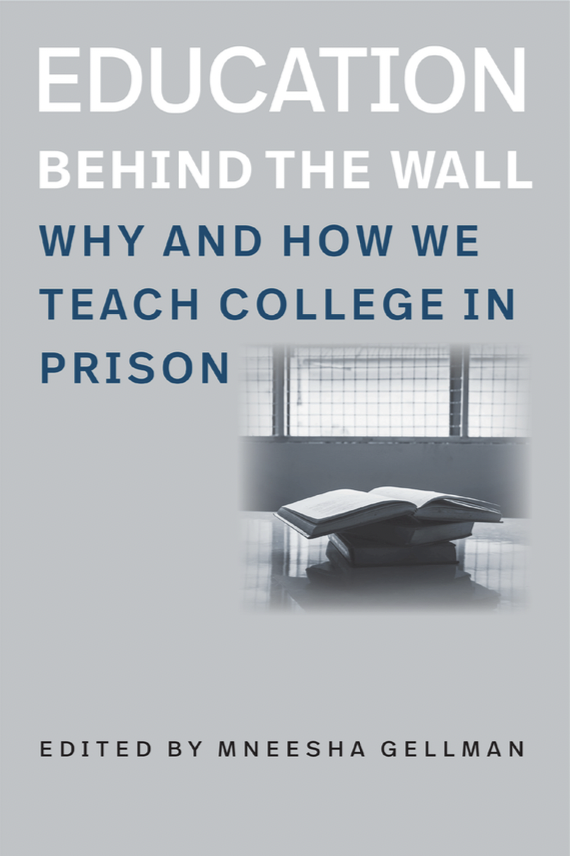Check out recent EPI news on Emerson Today and other sources!
News
- Gellman Wins Grant to Support EPI Resources (Emerson Today)
- Community Conversation: Education Behind the Wall (Alliance for Higher Education in Prison)
- Podcast interview of Mneesha Gellman on her 2022 book "Education Behind the Wall: Why and How We Teach College in Prison" (New Books Network)
- Return of federal financial aid for inmates creating ‘life changing’ opportunities for people in prison: Boston Globe
- Gellman on Importance of College in Prison (GBH)
- Gellman Speaks with Alyssa Milano about Significance of College in Prison: Sorry Not Sorry Podcast
- As Second Chance Pell Grant Program grows, more incarcerated people can get degrees - but there's a difference prison-run and college-run education behind bars (The Conversation)
- All in prison, not just some, should gain from Healey’s education boost (The Boston Globe)
- Unlocking Higher Education: Experts make the case for more college behind bars (Dig Boston)
- Grads, professors discuss Emerson Prison Initiative (The Berkeley Beacon)
- Four EPI Alumni Share Educational Journeys (Emerson Today)
- Emerson College professor calls successful prison initiative a 'deep labor of love' (CBS Boston)
- EPI Students Win National Economic Essay Contest
- Mass. leaders push benefits of college-in-prison programs to the incoming administration (GBH)
- Position paper calls for expansion of higher education opportunities in Massachusetts prisons (The Boston Foundation)
- How College in Prison is Leading Professors to Rethink How They Teach (The Conversation)
- From Incarcerated Person to College Graduate: The Emerson Prison Initiative’s First Graduation (Institute of International Education)
- Community Voices: Dean Ansell’s remarks at Emerson Prison Initiative’s First Commencement (Bard Prison Initiative)
- With first graduates, EPI celebrates six years of transformative education (Emerson Today)
View all EPI stories on Emerson Today
Featured News

Education Behind the Wall addresses significant issues faced by faculty and administrators who implement access to college classes for people who are incarcerated. Through case studies chapters that highlight strengths and obstacles to teaching different disciplines behind the wall, this edited volume looks at the trade-offs that take place when teaching in carceral spaces. Overall, the book advocates for an analysis of power as fundamental to learning in both carceral and traditional campuses.
Resources
To learn more about college in prison, please visit our library resource guide.